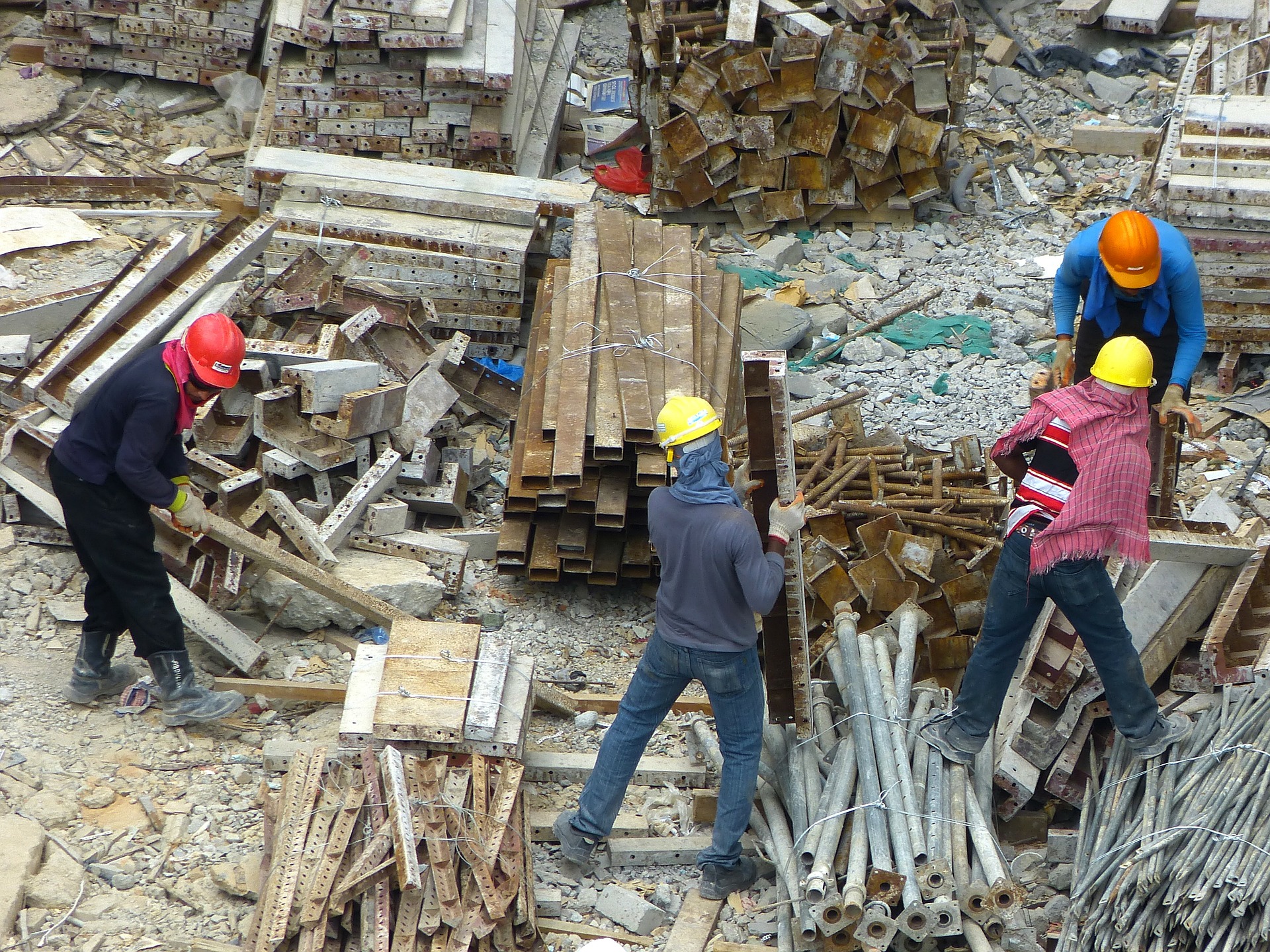Two workshops for self-help production of solar collectors in Turn nad Bodvou and in Časlivce (Ukraine), equipment enabling the use of wood waste in Malé Ozorovce, certified production of straw briquettes and many accompanying information activities - this is also one of the outputs of the SUNRISE project.
People who were invited to the seminars, the last two of which took place in December, could learn a lot of interesting things, for example, from the mayor Vladimír Ledecký from the village of Spišský Hrhov, who is the winner of the national competition Village of the Year for this year. It is an inspiring self-government, which has managed to significantly reduce the problems in its territory, relatively outbreaked in most of eastern Slovakia – long-term unemployment, marginalization of the Roma community, housing in illegal buildings on foreign land and the like. “A significant tool for solving these problems in Spišský Hrhov is a municipal company, which currently not only solves small building modifications in the village, but acts as a competitive entity in the region and helps the so-called unemployed to return to the labor market.” Vladimír Ledecký said at the seminar. The experience of the mayor of Spišský Hrhov is interesting for many villages in Slovakia, as evidenced by the rich discussion after the presentation.
The Ondava for Life project, which is being implemented in the Svidník district, is one of the interesting examples of finding solutions in the field of employment. The project implementers Viera Dujakovičová and Ján Cundra were able to identify a series of effects that bring temporary work for people who have previously lived on social benefits for 20 years. Viera Dujakovičová from the village of Nižná Polianka in the Svidník District: “Apart from well-known results, such as the improvement of the financial situation and the habit of a regular regime, the positive effects of regaining employment include socialization or a sense of belonging to the team, but also an example for children. It is a series of effects that can ultimately comprehensively improve the quality of life of individuals and entire families. ”
The SUNRISE project, funded by the Hungary-Slovakia-Romania-Ukraine cross-border cooperation program, focused on the so-called internal resources that are present in the regions and municipalities, and their better use can help to improve the economic situation. “Heating with waste biomass does not have to reduce the cost of heating the culture house, but it will certainly ensure that the money that goes irretrievably away from the region when paying the gas and electricity invoice, in the case of a fuel preparer, stays in the village and multiplier effects. In our village of Malé Ozorovce, we have recalculated this and we have already taken several steps towards better use of local energy or human resources, such as building a municipal apiary or building a playground, “said Milan Dolák, mayor of the small Zemplín village Malé Ozorovce.
This effect is also used in two new workshops for the self-help production of solar collectors. Unemployed people who have enough time can make a collector in the workshop for a tenth of the price, as if they bought a professionally made solar collector. This home-made collector is efficient enough to save households resources that also stay in the community and improve its economic situation. “It was interesting when furnishing both workshops to respect the local specifics in Slovakia and Ukraine. The result is a slightly different equipment of the workshops, while the collectors produced in Časlivce are slightly different from the collectors produced in Turn nad Bodvou. However, the cooperation, also thanks to the Ukrainian partner of the Association of Students-Economists of Transcarpathia, brought a quality exchange of experiences and information between active people from Slovakia and Ukraine, “said Ján Dzurdženík, Košice Regional Development Agency, SUNRISE project manager – Sustainable use of natural resources in small businesses. “The project also managed to develop other interesting ideas, such as the idea of lighting an unused tunnel near Slavošovce with the potential use of drafts, which is almost continuous in the tunnel.”
In the past, the Pro Tornensis association from Turne has built a line from grant sources for the production of briquettes and pellets from local waste straw and hay, which also employs unemployed people. The chairman of the association, Ladislav Bartók: “The SUNRISE project made it possible to carry out the certification of briquettes and pellets so that those who buy them have accurate information on, for example, calorific value, ash, humidity and other fuel parameters. The analysis confirmed the advantage of using briquettes and pellets, especially in terms of calorific value. To heat a house, for example, you need half less briquettes than firewood, while their humidity is significantly lower than the moisture of wood. Care must be taken not to put too many briquettes in the boiler so that the temperature does not rise above the permissible level. “



